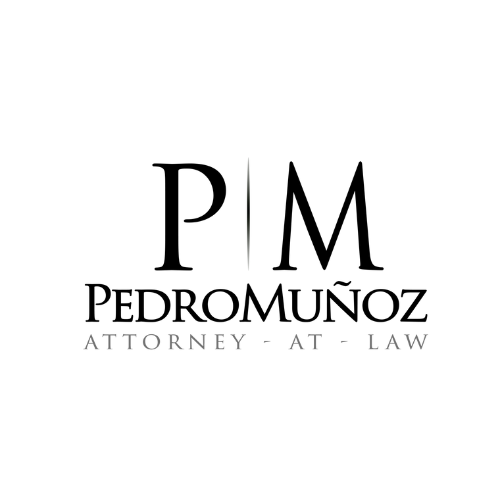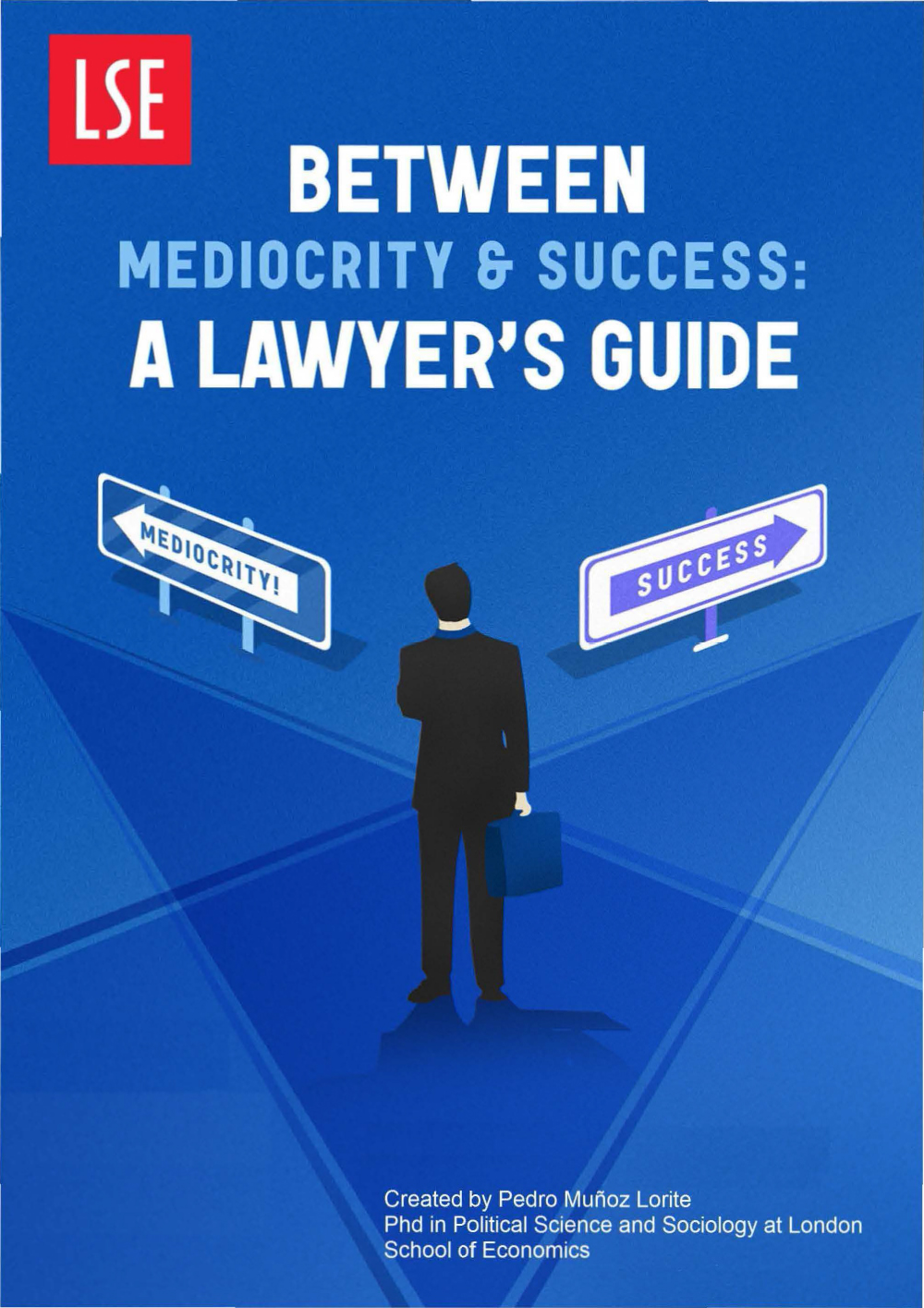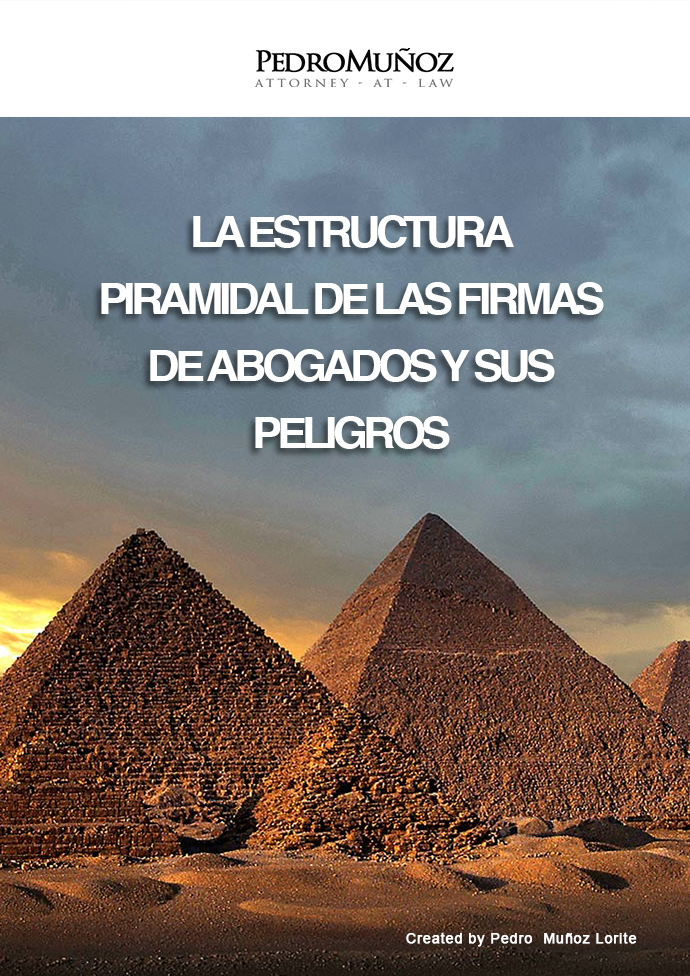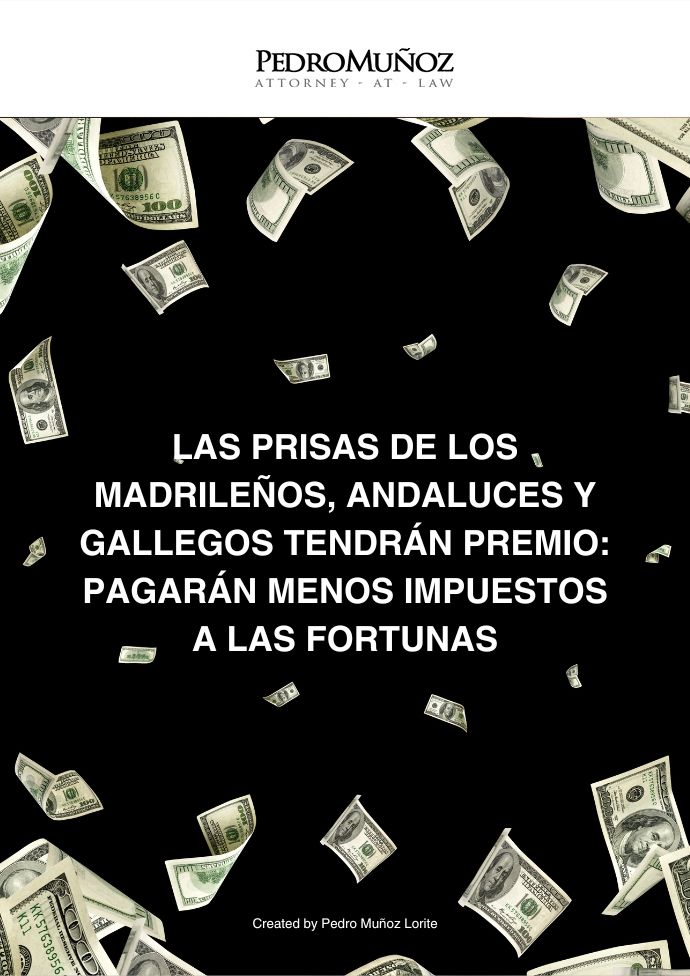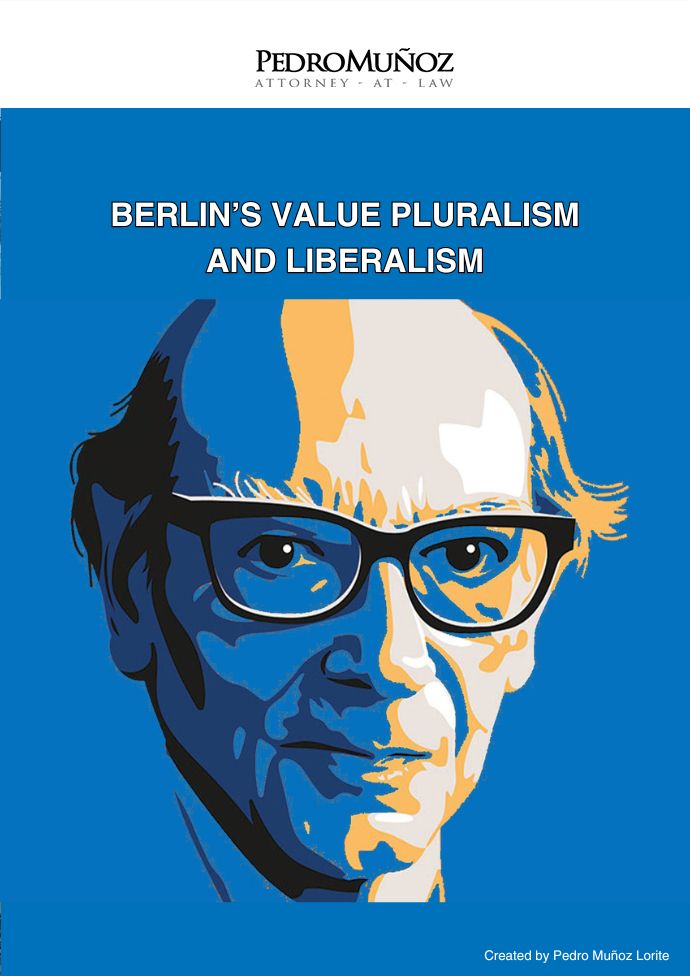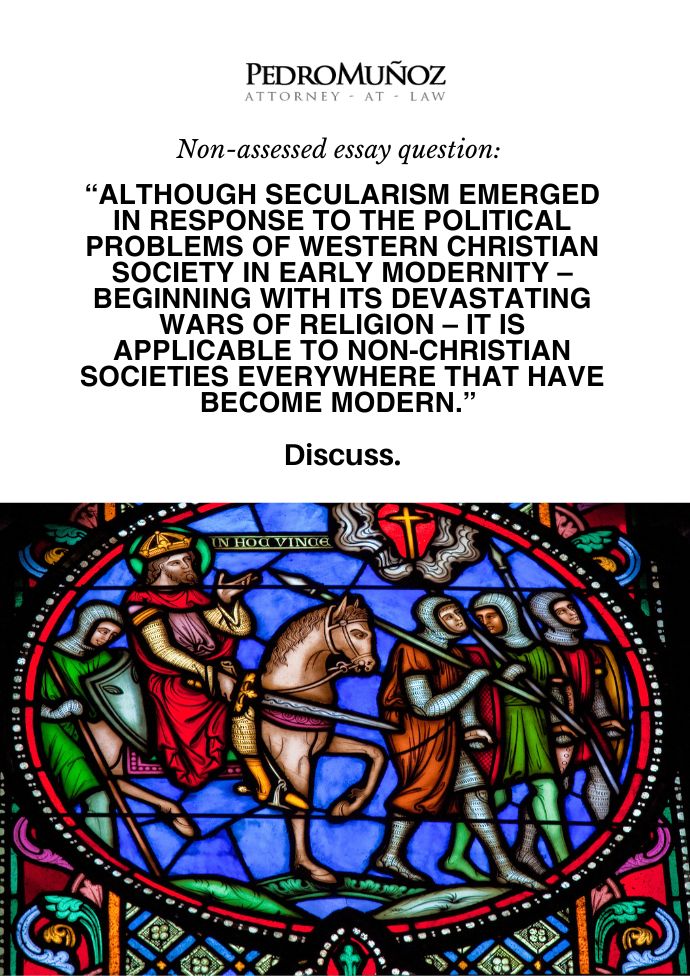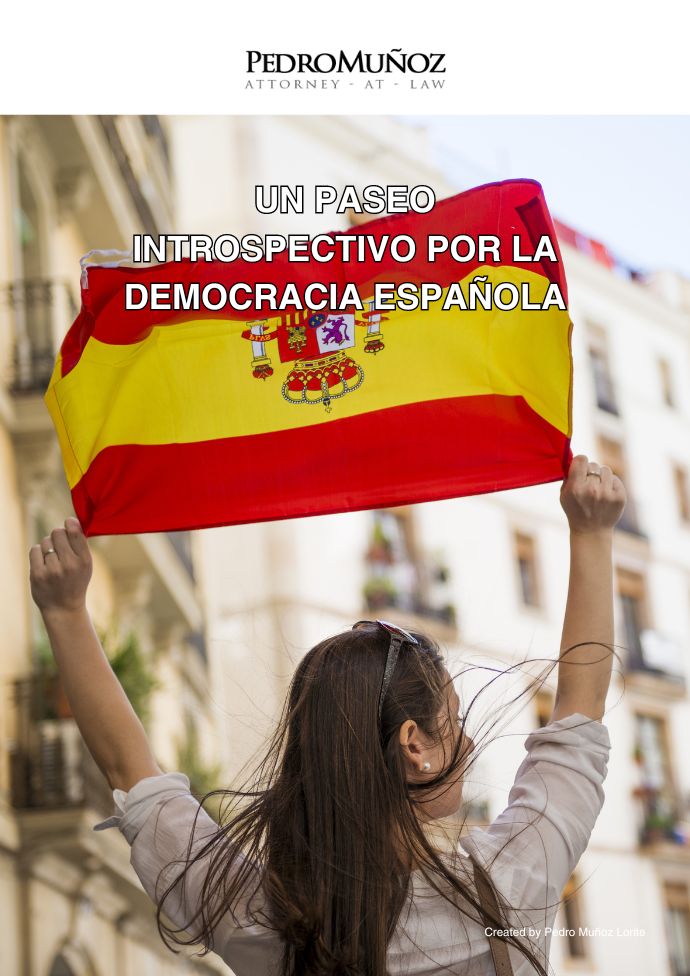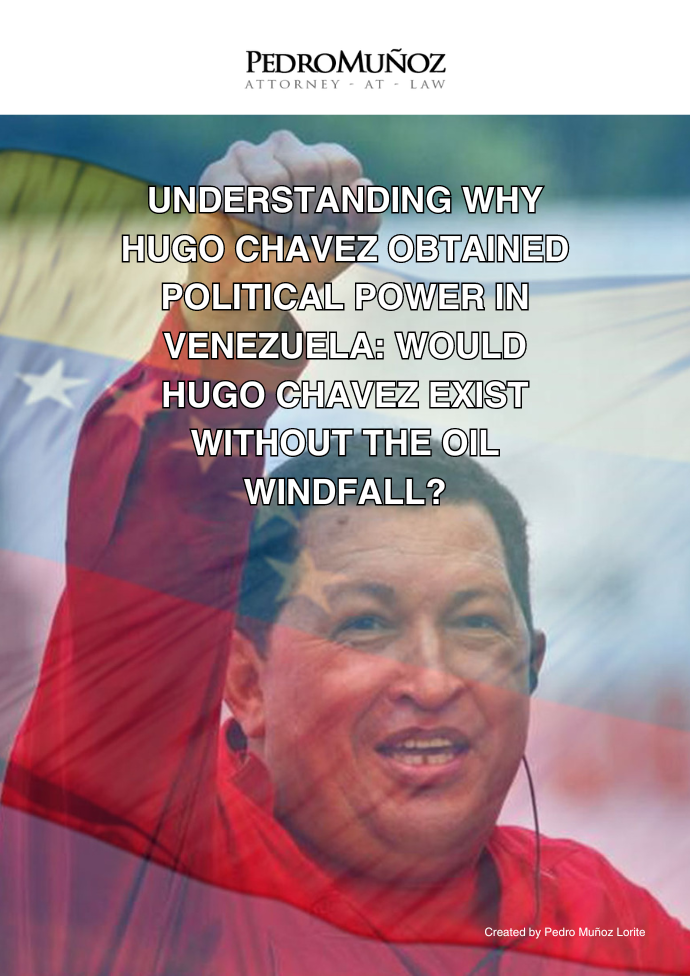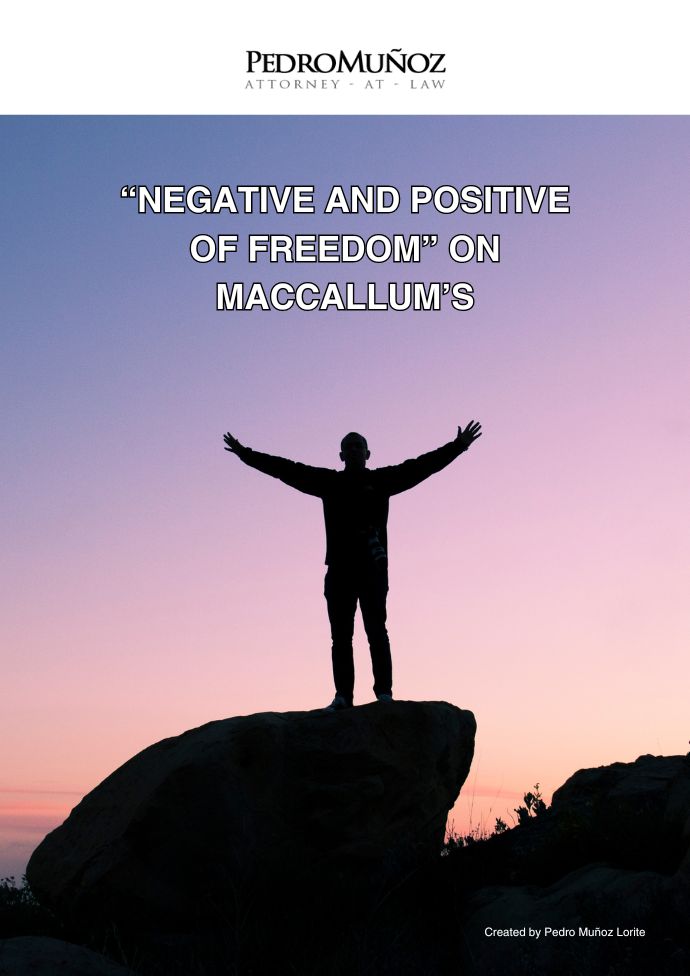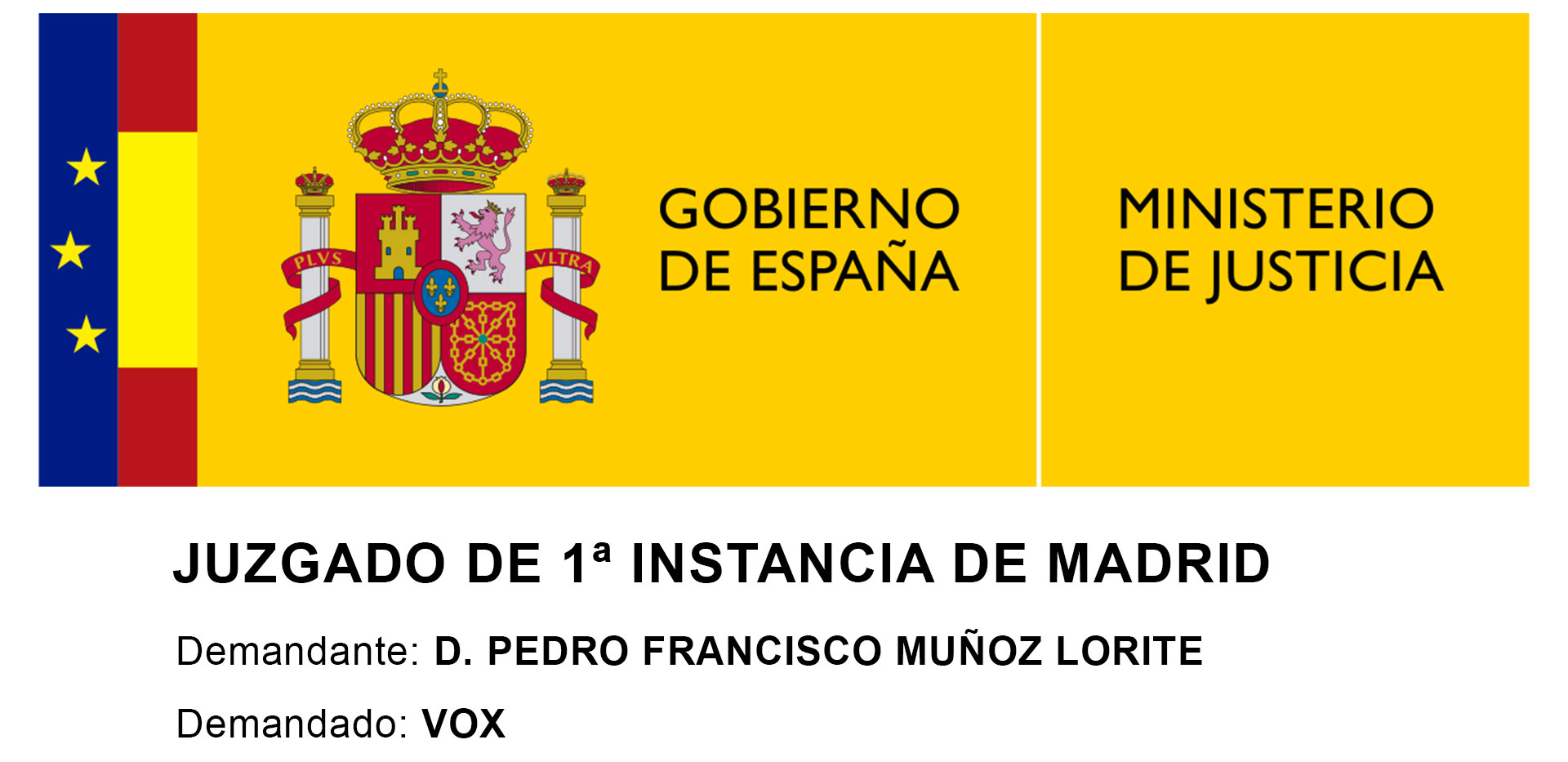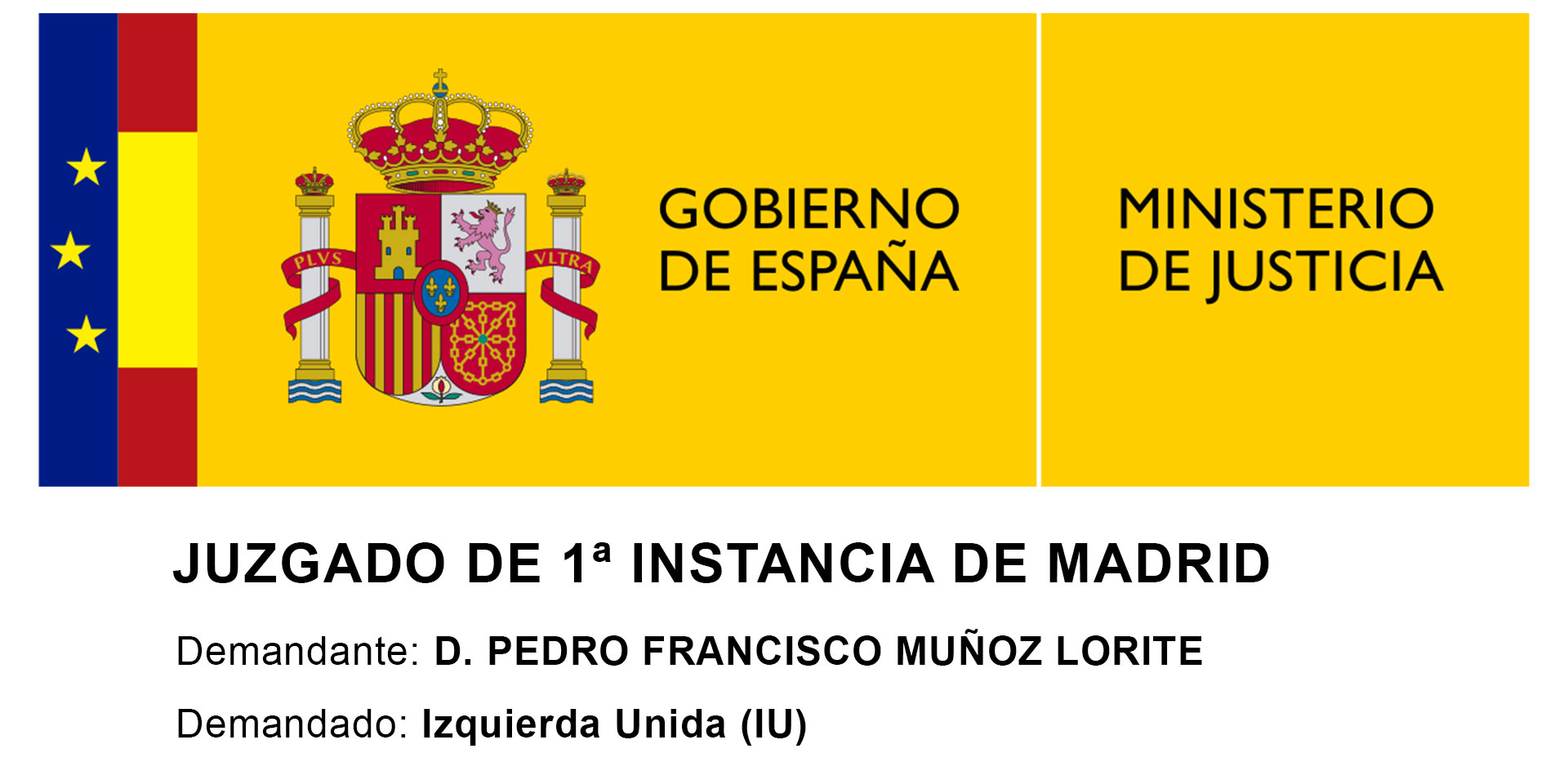What I Can Do For Your Business
Corporate
Extensive experience in mergers and acquisitions, corporate restructurings and joint ventures. Advice on commercial contracts and bankruptcy proceedings. Intellectual and industrial property.
Tax Law
Tax advice to individuals and legal entities, and national and international companies.
Restructuring operations, mergers and acquisitions.
Legal proceedings in tax matters.
Business tax planning projects.
Administrative Law
Recognized experience in advising SMEs before Public Administrations; specifically in administrative procedures, bidding procedures, public contracts and concessions, tax procedures, assets of Public Administrations, expropriations, public domain, etcetera. Experience in contentious-administrative appeals of all kinds.
Criminal Law
Extensive experience in the exercise of the work of prosecution or defense in the judicial field. Legal assistance at the police station, before the Court of Guardia and statements, both police and judicial. Recognized prestige in economic criminal law, derived criminal liability and international criminal law.
Pedro Muñoz Lorite
Professional Career
With more than 30 years of experience behind him and developing his career in the United States and Spain, Pedro Muñoz specializes in Mergers and Acquisitions, Commercial and Legal Relationships between franchises and franchisees, Corporate Governmental Mergers and Joint-Venture Advisory, among others. With extensive experience in the public and private sector, Pedro has become one of the pillars of tax law in Spain, with commercial and criminal law being his other specialties, with a clear focus on national and international companies.
After several years cultivating his expertise in the cradles of capitalism as an associate at Baker & McKenzie in London, New York and Madrid, Pedro has developed a clear vision of the public and private sector derived from his years of experience in the Anglo-Saxon world. He holds a Ph.D. from the renowned London School of Economics and his legal knowledge has been broadened by intensive studies at other leading institutions such as Columbia University.
His leadership within LABE also has a direct legacy through his outreach work. Pedro is a regular contributor to national media as well as specialized publications such as Aranzadi and Legal Today, where he participates as editor of various articles.
It is worth mentioning his presence in the list of lawyers recommended by the U.S. Embassy in Madrid.
Work experience
LABE Abogados. Madrid, Managing Partner:
- National and International Commercial and Tax (Offshore)
- Bankruptcy proceedings
- Economic Criminal Law
(2005 – 2010) Baker & McKenzie. Associate. London, New York and Madrid
- M&A – Private; Commercial Agreements & Contracts;
- M&A – Public;
- Corporate Counselling & Gov – Private Co
Academic Background
(2007 – 2008)
- Columbia University.
Post-doctoral in Political Science.
(2006 – 2007)
- PhD Thesis at London School of
Economics.
Political science and Sociology
(2005-2006)
- London School of Economics. (LSE)
MSc. In Comparative Politics.
(2004-2005)
- King’s College London, English Language Centre.
Cambridge English: Proficiency (CPE).
(1999-2004)
- University of Granada.
Law Degree
LANGUAGES
- Spanish
Native - English
Proficiency
Discover more content on my YouTube channel
Philosophy
«Freedom is a state of mind, which is achieved with effort, and many will try to steal you it«
My work is based on the defense of free enterprise, private initiative and the market economy; assuming the task of making new generations of lawyers aware of the role of the company, the entrepreneur, markets, investors, suppliers, clients and consumers in a free, democratic society with economic and social progress.
It is therefore essential to consider education as a fundamental pillar for the global society as a whole.
As Adam Smith understood it, the school must be an institution dedicated to the cultural training of the population, regardless of the needs of the labor market. The liberal school has to provide a good social and academic instruction, which through the establishment of rules and discipline to be assimilated by every student, will create among all a good and correct functioning of the academic environment and society as a whole.
How to understand the law?
A distinctive feature of a lawyer is his or her high capacity to solve legal problems. It is useless to boast to clients with the name of a large law firm if behind that firm there is not a strong will to achieve the proposed objectives.
Therefore, the best plan of action in law is the one that is executed. The law must be complete and coherent, in the sense that it must contain a solution to every problem.
Furthermore, the preparation and training of a lawyer in the humanistic field is of vital importance so that he/she can have a global and appropriate perspective of the matters in which he/she intervenes, not only at the legal level.
Books & Publications
Discover the latest news
Demanda a VOX
Demanda contra VOX presentada en el Juzgado de Primera Instancia de Madrid
Demanda a Izquierda Unida (IU)
Demanda a Izquierda Unida (IU) en el Juszgado Primera Instancia de Madrid

